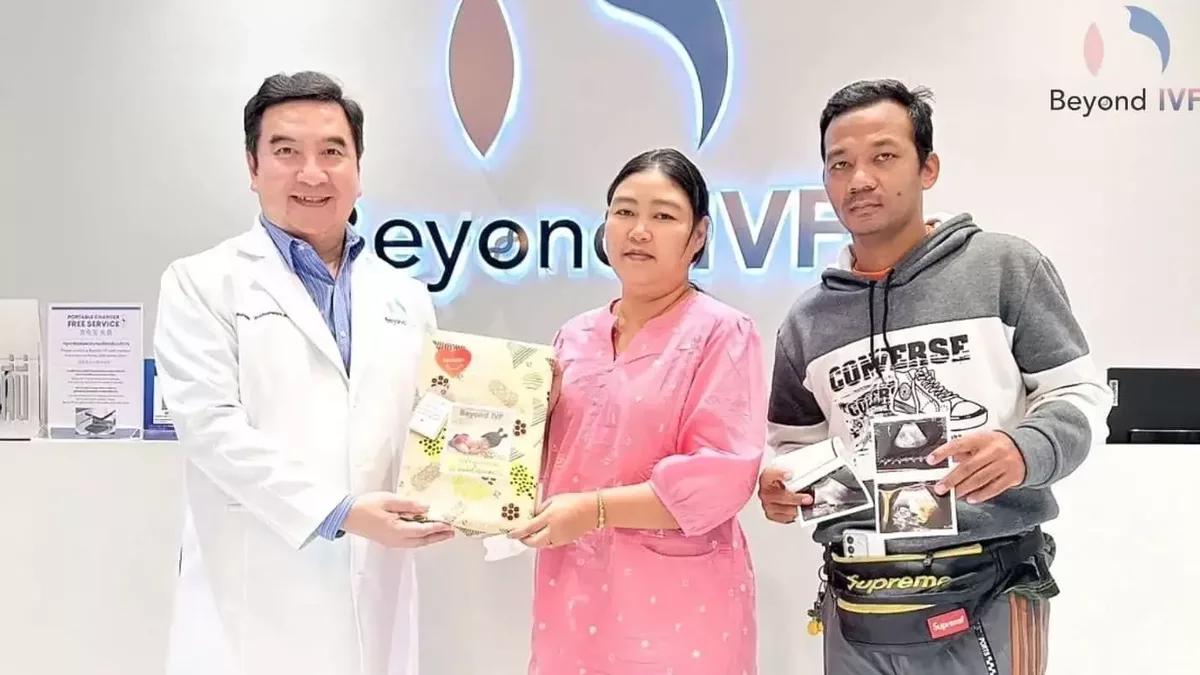3 Years of Waiting : A 39-Year-Old Mother Successfully Conceives Through ICSI Treatment by Dr. Ton at Beyond IVF.
Prior to coming to us, our 39-year-old patient had been trying to conceive for over 3 years without any success. She had been pregnant previously, however, suffered a miscarriage at 12 weeks, and from that time onwards, was unable to conceive again on her own. She and her husband decided to explore treatment options for infertility and came across another patient’s video from Beyond IVF’s website.
After reaching out to the clinic and getting more information, they scheduled a consultation with Dr. Ton, who recommended a thorough fertility check-up for both partners to allow him to better assess and plan their treatment. Dr. Ton suggested using ICSI to up the chances of a successful and healthy pregnancy.
Under Dr. Ton’s care and supervision, a successful OPU was carried out and embryos cultured for 5 days. Due to the patient’s age and previous miscarriage, Dr. Ton recommended additional chromosomal testing. Ultimately, a high-quality, chromosomally healthy embryo was selected and successfully transferred.
After 14 days, Dr. Ton scheduled a blood test to check the initial results of the embryo transfer, with initial results showing a marked rise in hCG levels. After an additional 3 day wait, an ultrasound confirmed the presence of a single gestational sac, confirming she was indeed (finally) pregnant!
As per the patient’s request, we held off on writing this until she came and term, and as of now, we’re happy to report that she’s successfully given birth and both mom and baby are in excellent health. On behalf of all the staff here at Beyond IVF, we extend our heartfelt congratulations to the family!
Assisted Reproductive Technologies Utilized
ICSI (Intracytoplasmic Sperm Injection)
PGS-NGS (genetic screening for embryo chromosomal abnormalities)



